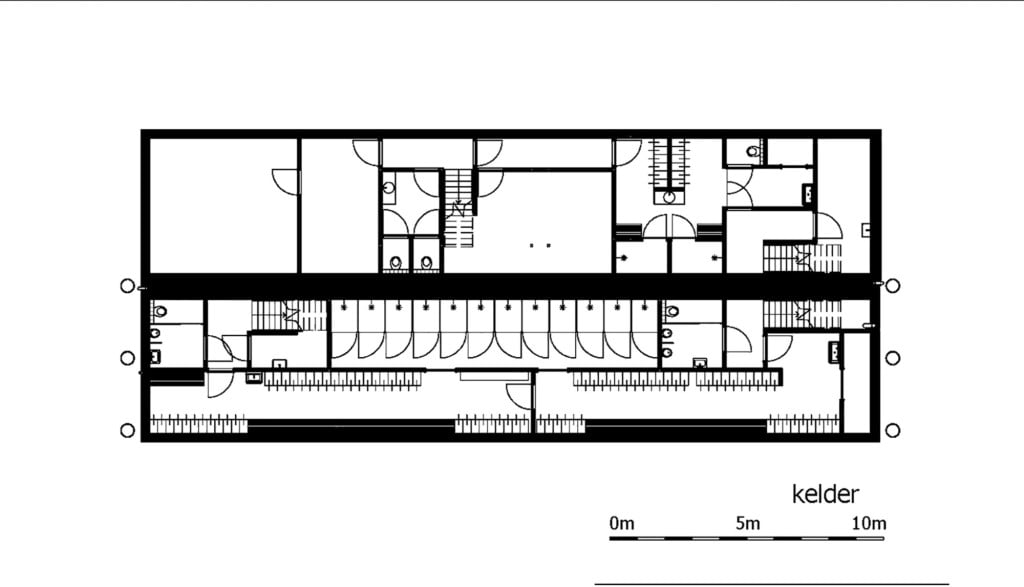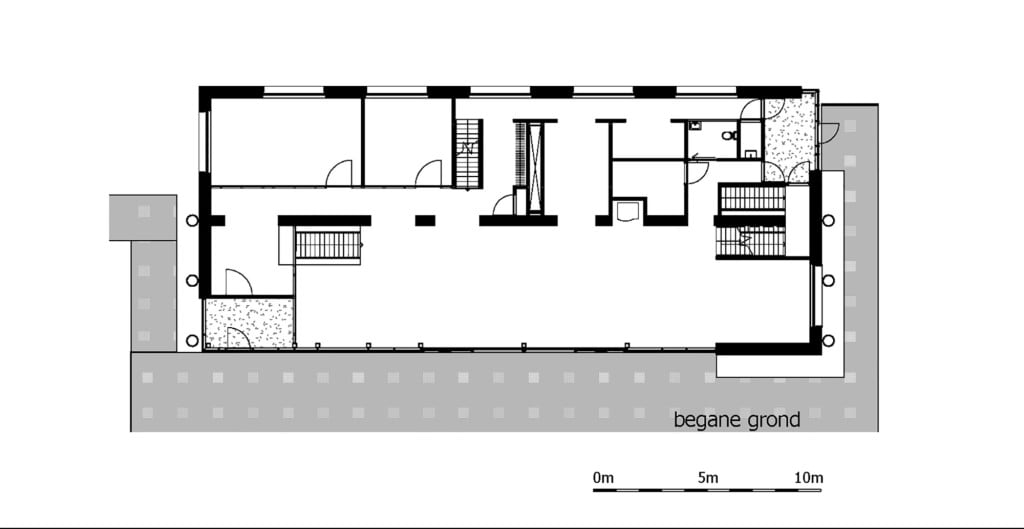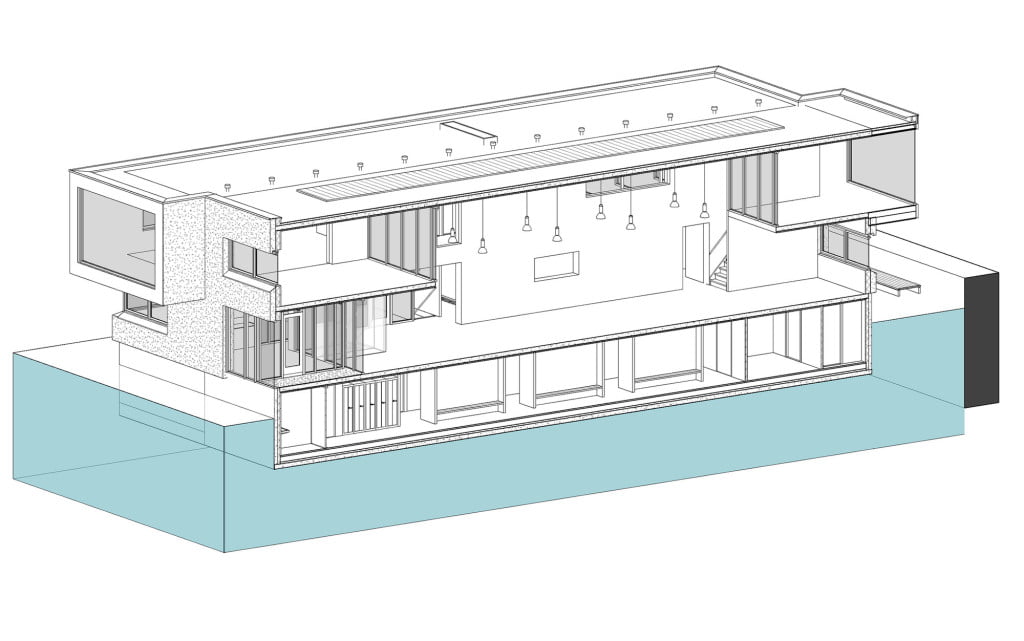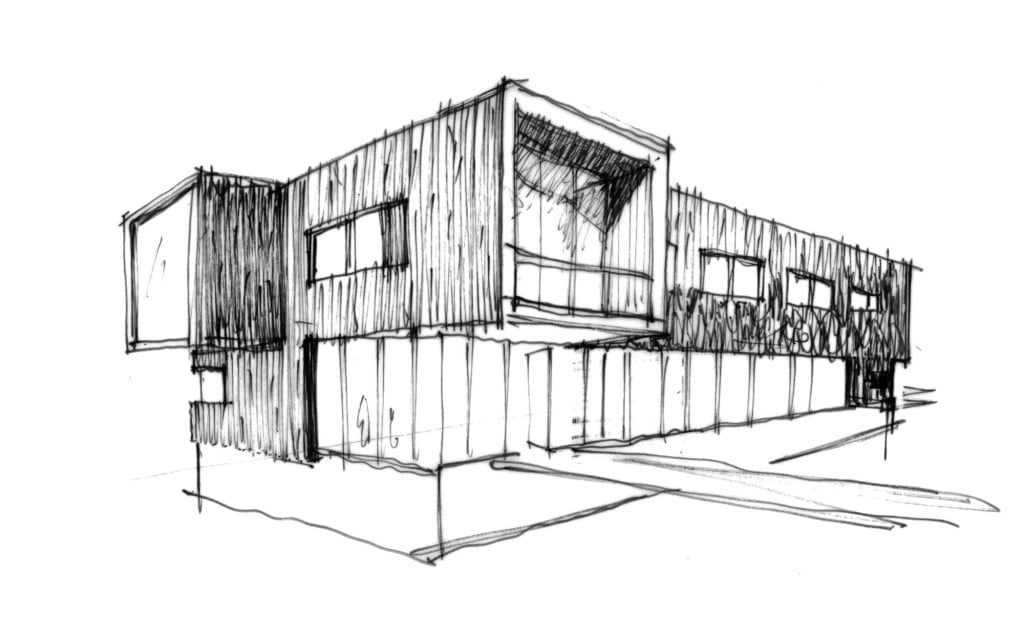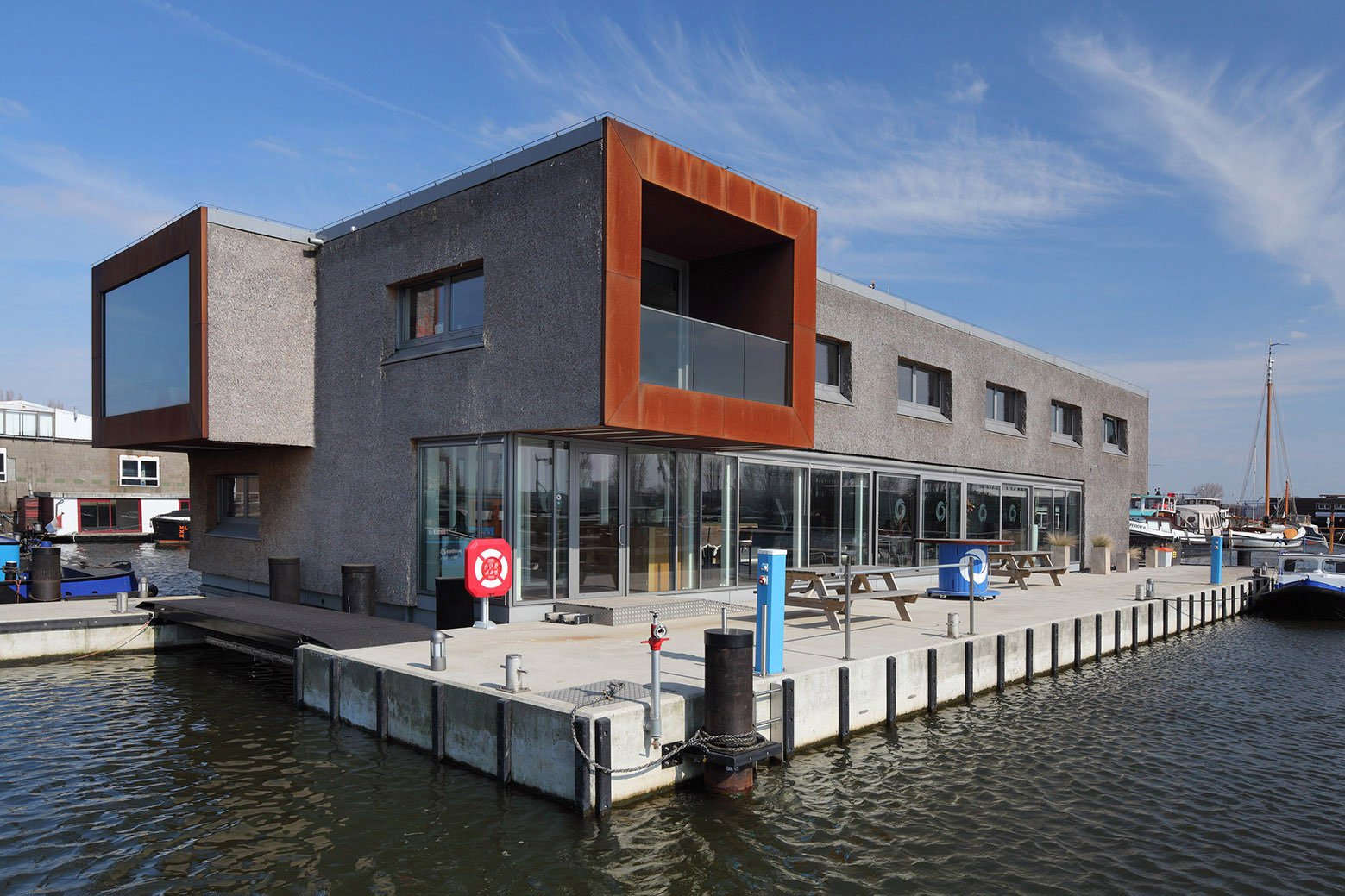Did you ever work in Floating Office Space which actually float on river, sea or lake water or if you wish any destination. That actually inspiring your creativity with their environmental context and piece of mind. The idea for floating office space really pleasurable for every human mind who just tired of box or desk to desk working in same type of stereotype of working space and loose their actually interest in self inspiring creativity.
Ar.attika architekten create really inspiring floating office space and how it’s work, we see further. Just preferred your self for a shot of really creativity in architecture.
This office building floats amidst the Waternet fleet of vessels that sail out daily to clean the waters of the Amsterdam canals from garbage. Its current location is the northern part of the old city harbours, left by the harbour industry, but not yet transformed into living area.
Did you ever work in Floating Office Space on Water
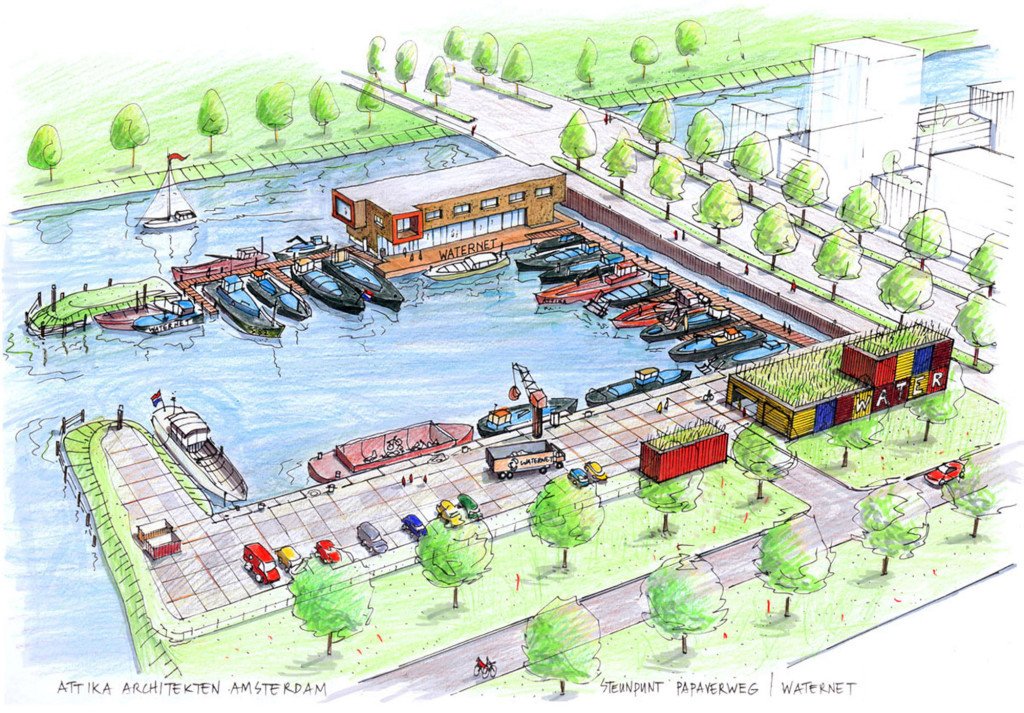
- Architects: Attika Architekten
- Location: Noord 4, Papaverweg 54, 1032 KJ Amsterdam, Netherlands
- Area: 875.0 sqm
- Photographs: Courtesy of Martine Berendsen, Bart van Hoek, and Attika Architekten
- Contractor: ABC Arkenbouw
- Engineer: Ingenieursburo Meijer & Joustra bv, Heerenveen
- Sustainability Consultants: HVTC and Search BV, Amsterdam
- Client: Waternet
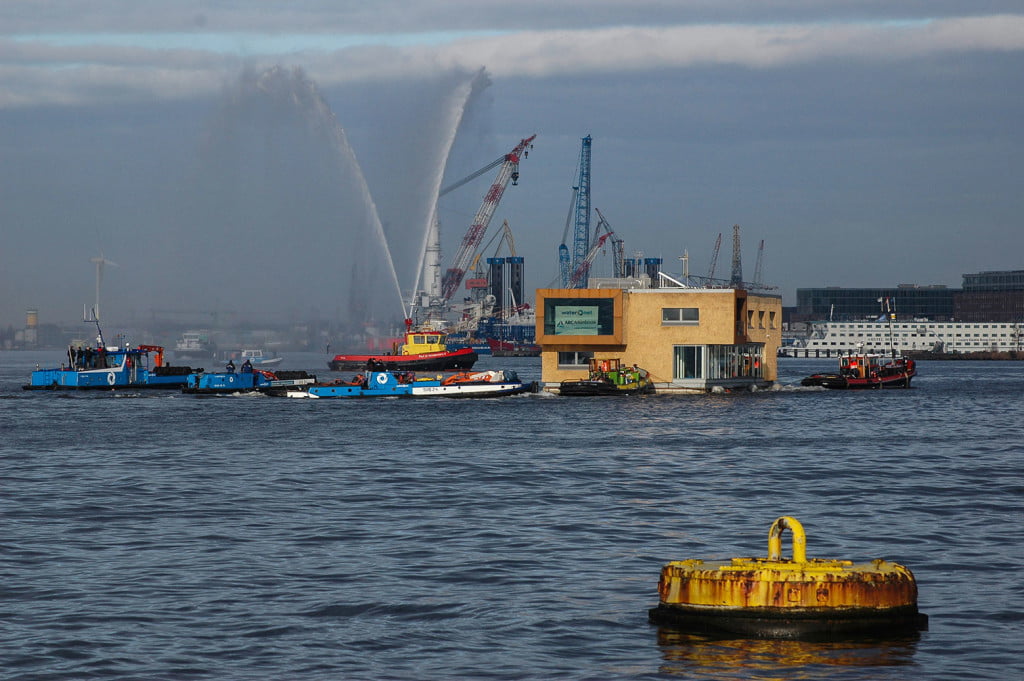
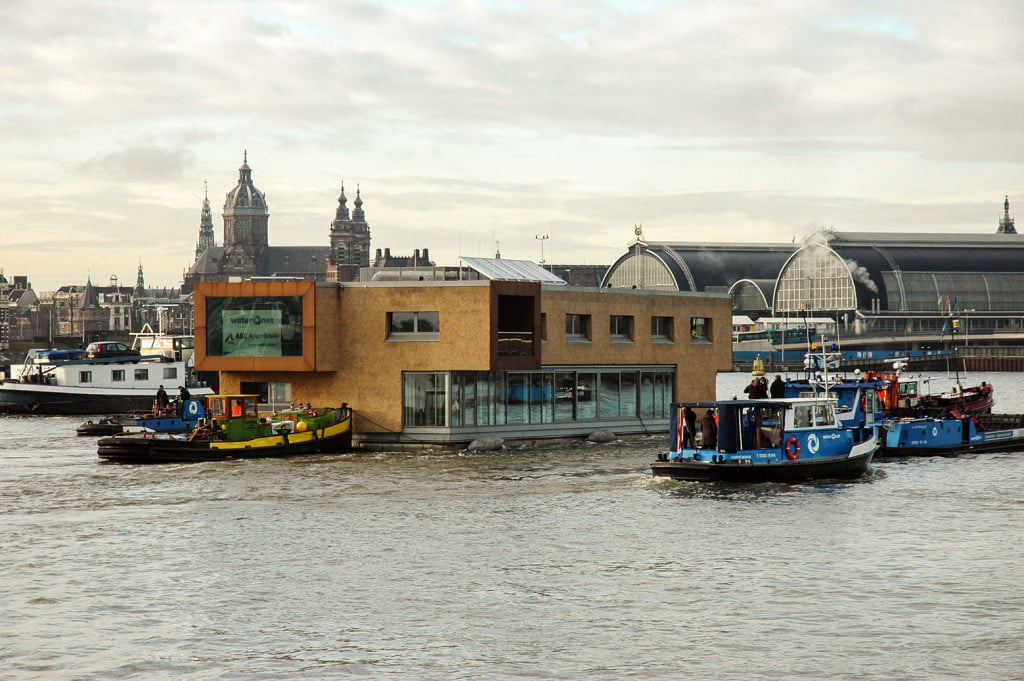
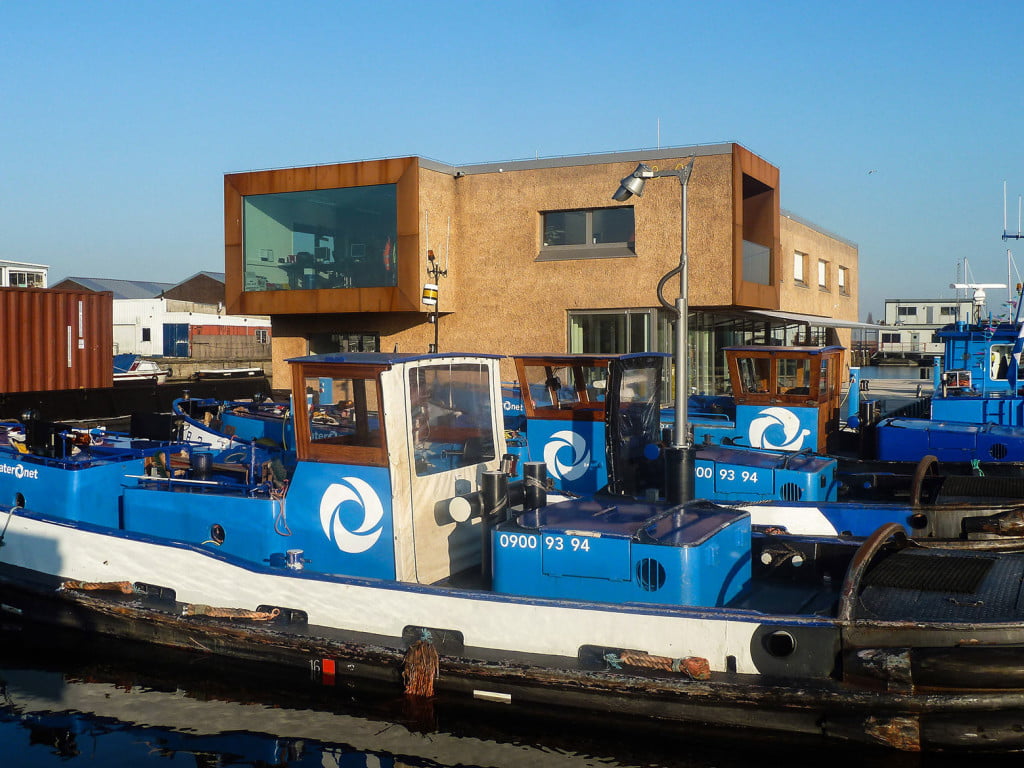
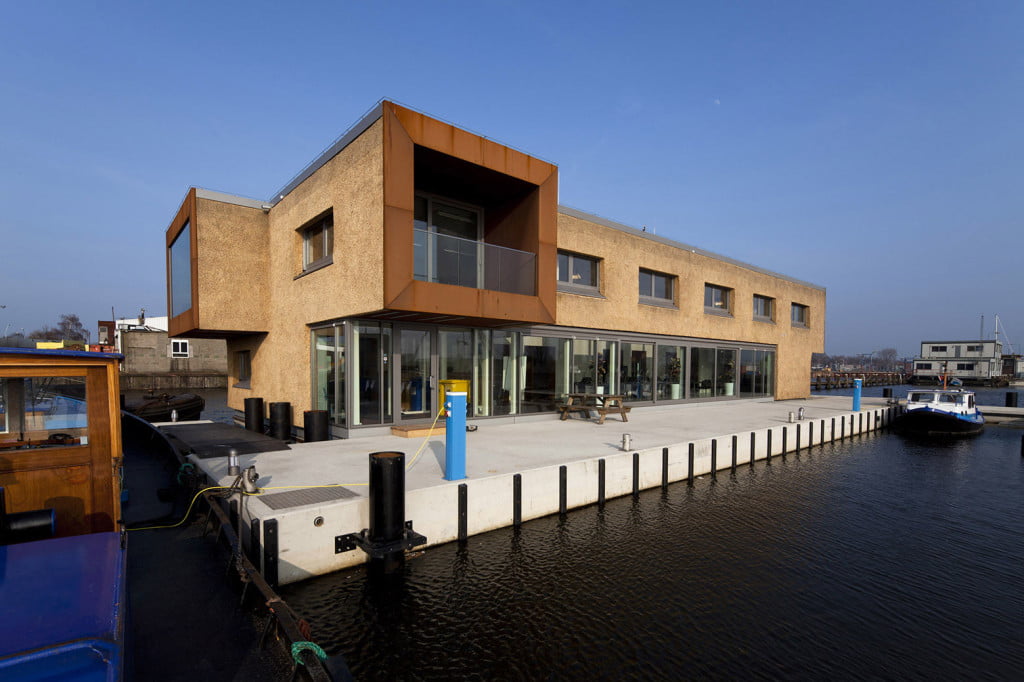
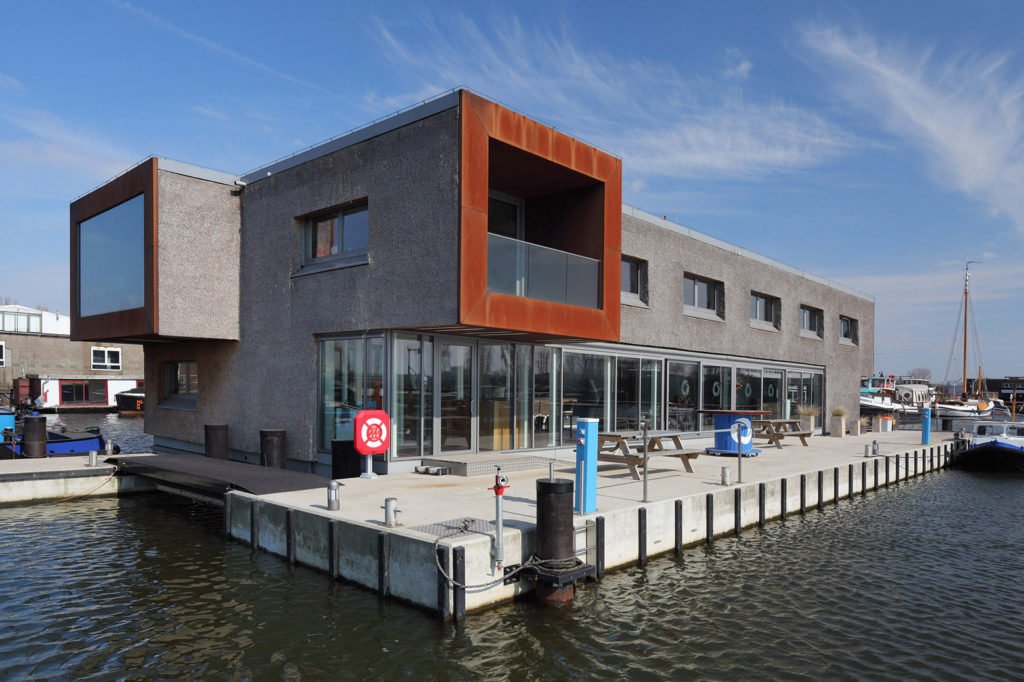
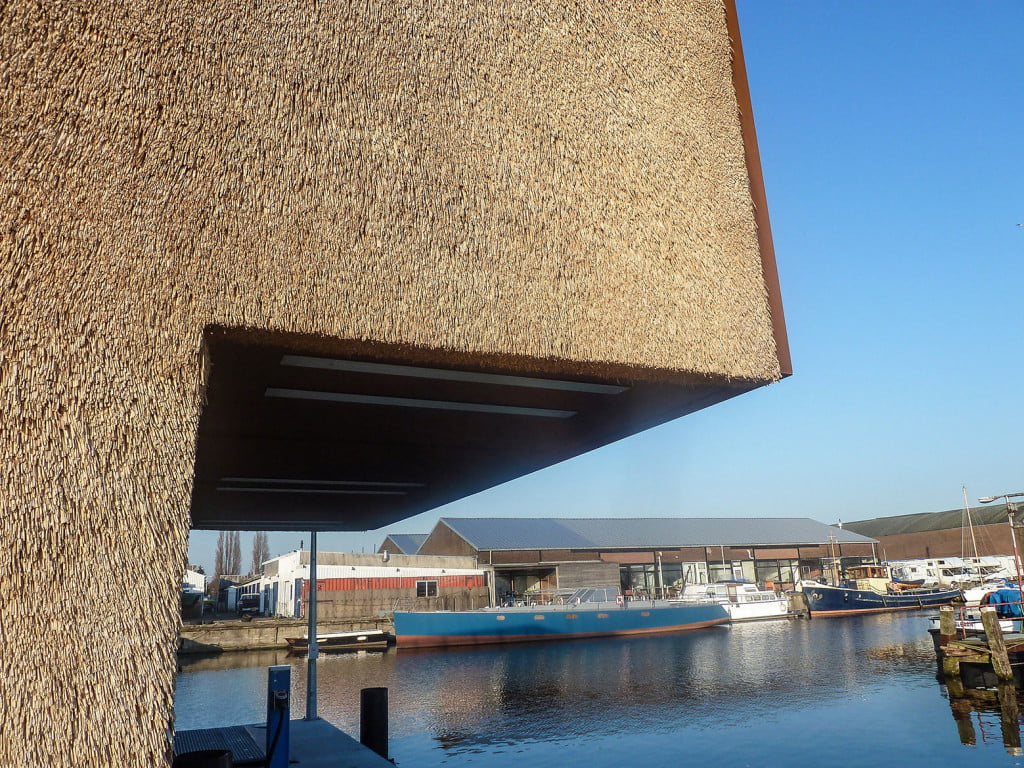
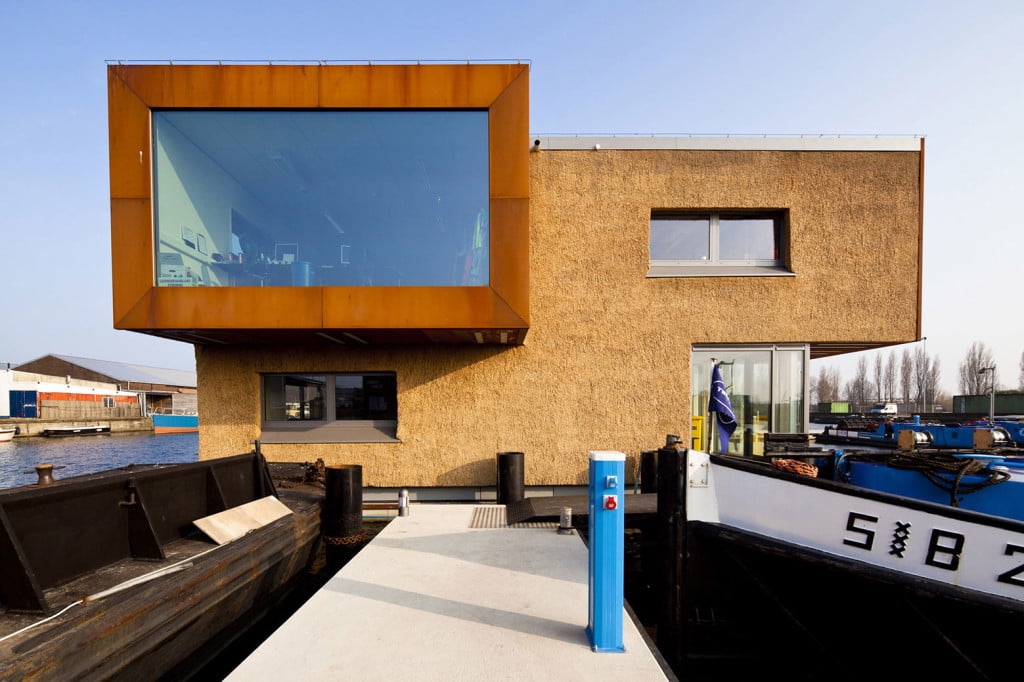
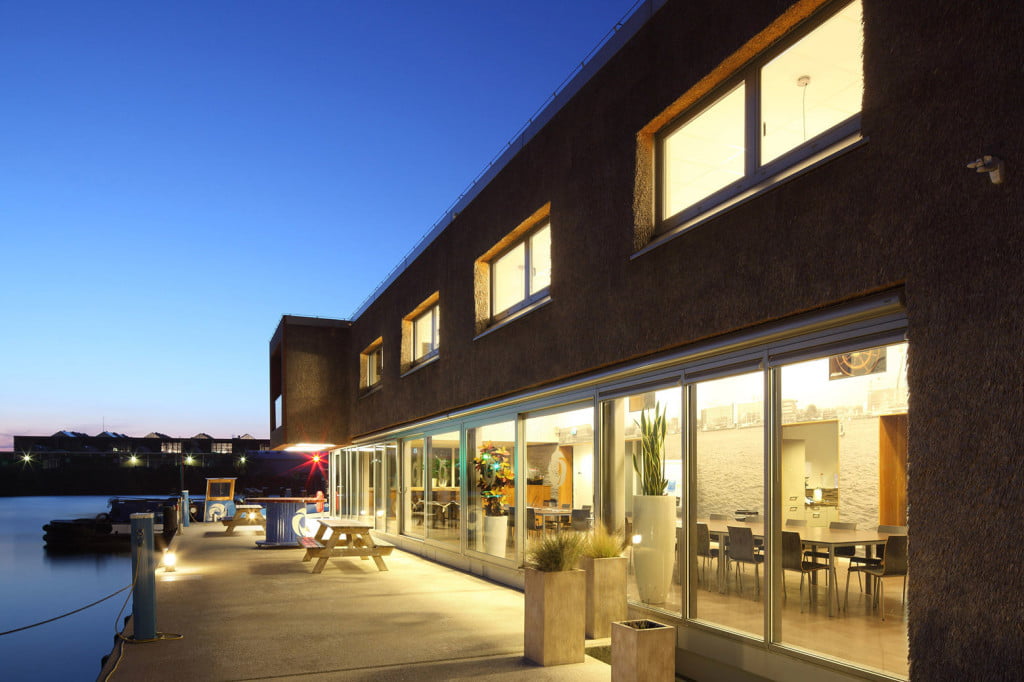
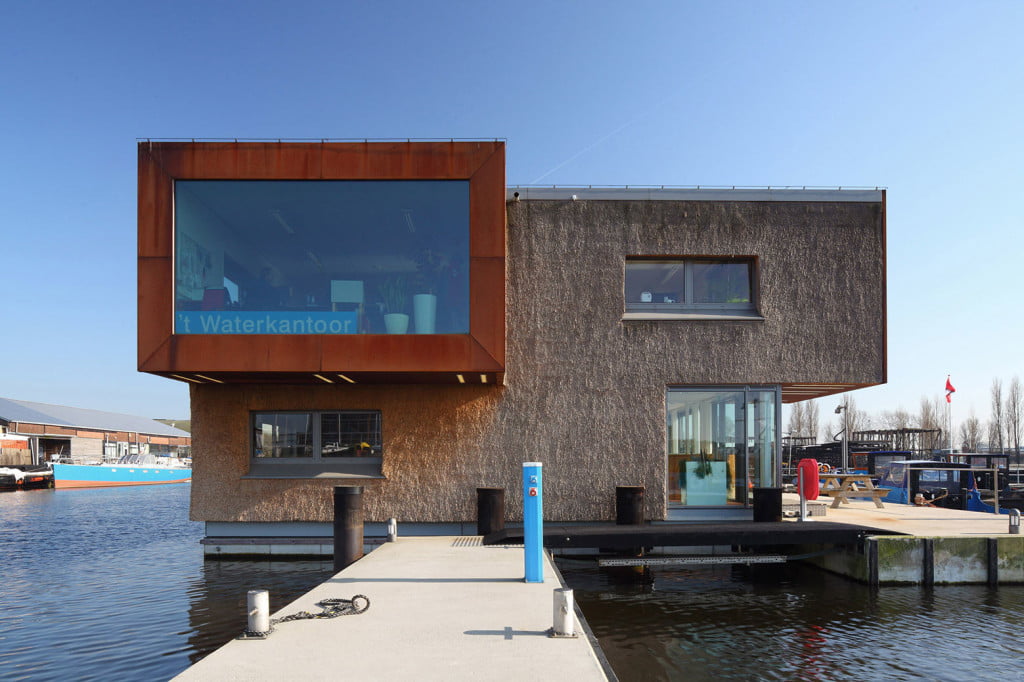
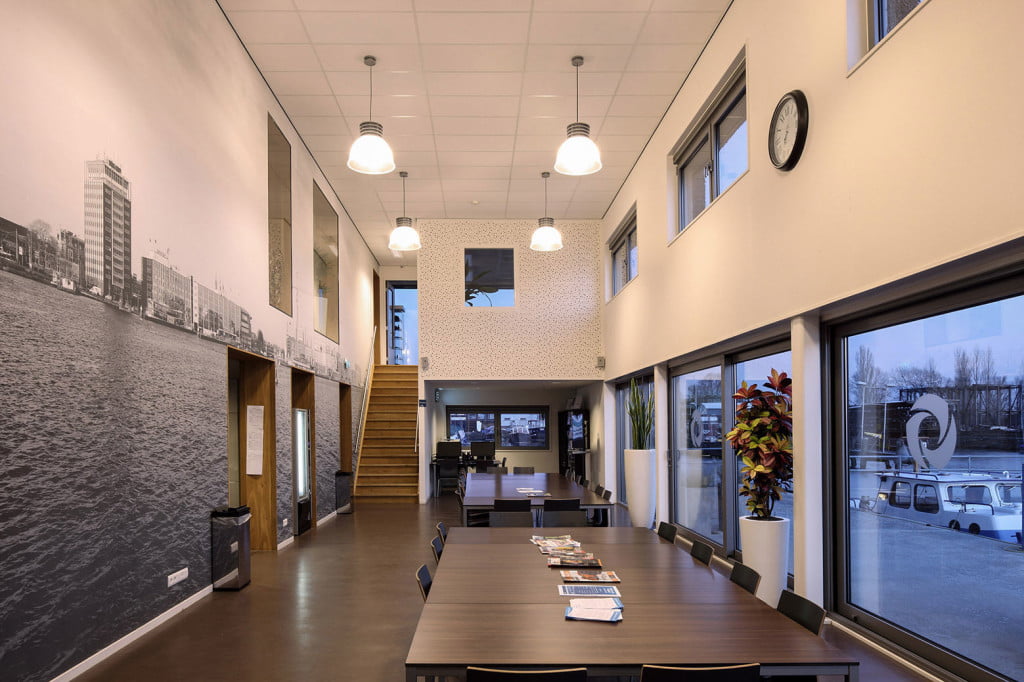
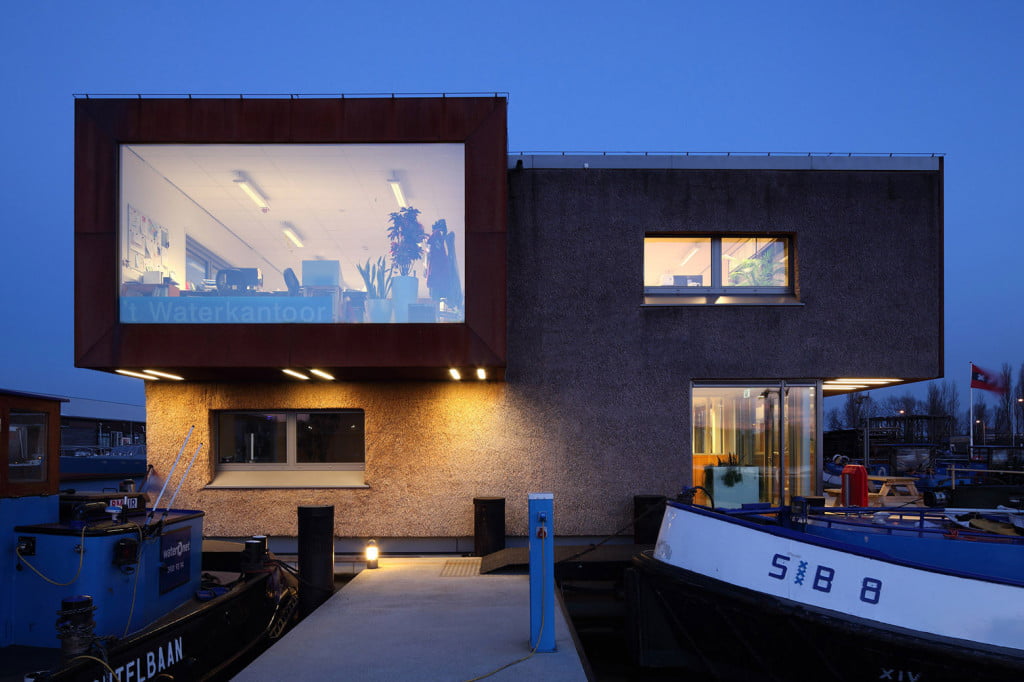
The building’s shape is basic and bold, its skin made of reed is soft and comforting. The timber frame construction and thatched facade can be disassembled into re-usable or biodegradable components completely, leaving no waste. Furthermore the reed of the facade represent water purification, being the very essence of the Water-net company.
The office program was realized in and on two connected floating concrete caissons. In total the building measures 31 by 12 meters and has three floors, making it the biggest ark in the Netherlands. It contains office space on entrance and first floor level. Showers and locker rooms for the workers are located in the under water basement.
A spacious double height canteen forms the heart of the building and links all rooms on ground and first floor level with the harbor. The building has an innovative way of heating and cooling.
In the bottom of the concrete caisson lies a heat exchanger, a liquid filled winding tube, like a reverse underfloor heating system. It takes heat or cold directly from the source surrounding it, water. A reversible heat pump provides warm or cool air. The energy for the heat pump comes from solar panels placed on the roof.
In 5-10 years this part of the city harbor will be transformed into an area for housing. The office then will simply sail to its new location.
